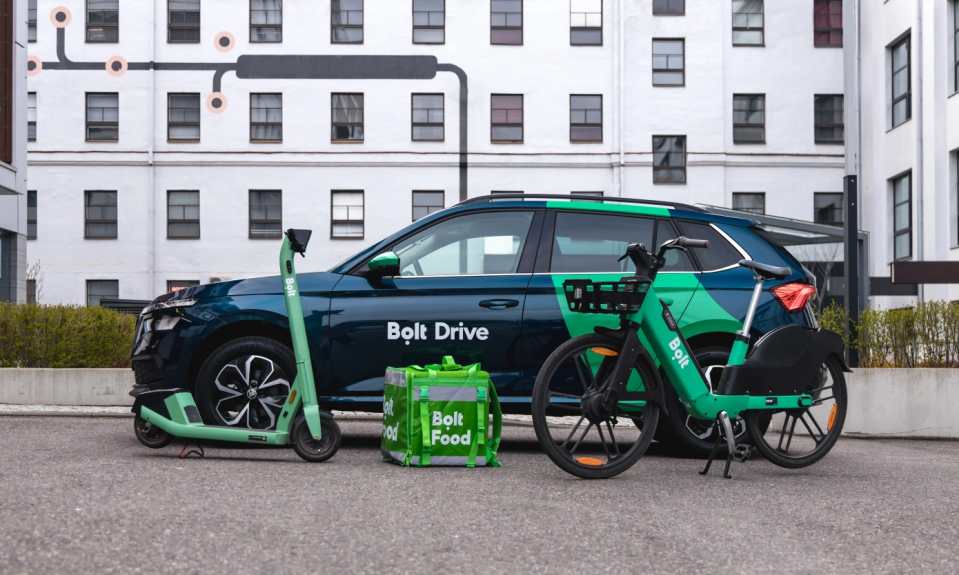Uber rival Bolt raises $709M to expand its transportation and food delivery super app; nearly doubles its valuation to $8.4 billion

We covered Bolt back in the summer of last year after the Estonian ride-hailing startup raised $713 million to expand into on-demand grocery delivery. The August funding put the Uber rival at about $4.75 billion, more than double its last private valuation of $2 billion.
Fast forward just five months later, Bolt announced today it raised 628 million euros ($711 million) in a new funding round led by Sequoia Capital and Fidelity. The new funding, which nearly doubled Bolt’s valuation to $8.4 billion, was also backed by Whale Rock, Owl Rock, and some of Bolt’s existing investors.
Bolt CEO Markus Villig said the company will use the new funding to expand its transportation and food delivery super app. Super app, a concept that encompasses multiple services combined into one platform, is very popular in China and other Asian countries but is slowly taking off in Europe and North America. a concept that encompasses multiple services combined into one platform. Villig said investors are beginning to see the value of the “super app.”
Founded in 2013 by Markus Villig, Martin Villig, and Oliver Leisalu, the Tallinn, Harjumaa, Estonia-based startup’s services range from ride-hailing to micro-mobility and food delivery. Previously named Taxify, in March 2019 the company rebranded as Bolt to expand its transport options beyond private cars. Since then, Bolt has also expanded into several other lines of business, including online food and grocery delivery and e-scooters.
In 2020 alone, Bolt has already expanded our scooter operations to 45 cities in over 15 countries, including Sweden, Norway, and Portugal. And with 130,000 e-scooters and e-bikes on the streets in 2021, Bolt will officially become the largest micro-mobility provider in Europe.
“Cities increasingly see that they want to switch over from private car ownership” to ride-hailing and other “shared mobility” options like electric scooters and car-sharing, Bolt CEO and co-founder Markus Villig told CNBC in an interview.
Since its inception nine years ago, Bolt has become a fierce competitor to Uber, challenging the U.S. ride-hailing giant in key markets such as London and Paris. Today, Bolt now has 100 million customers across 45 countries in Europe and Africa.




